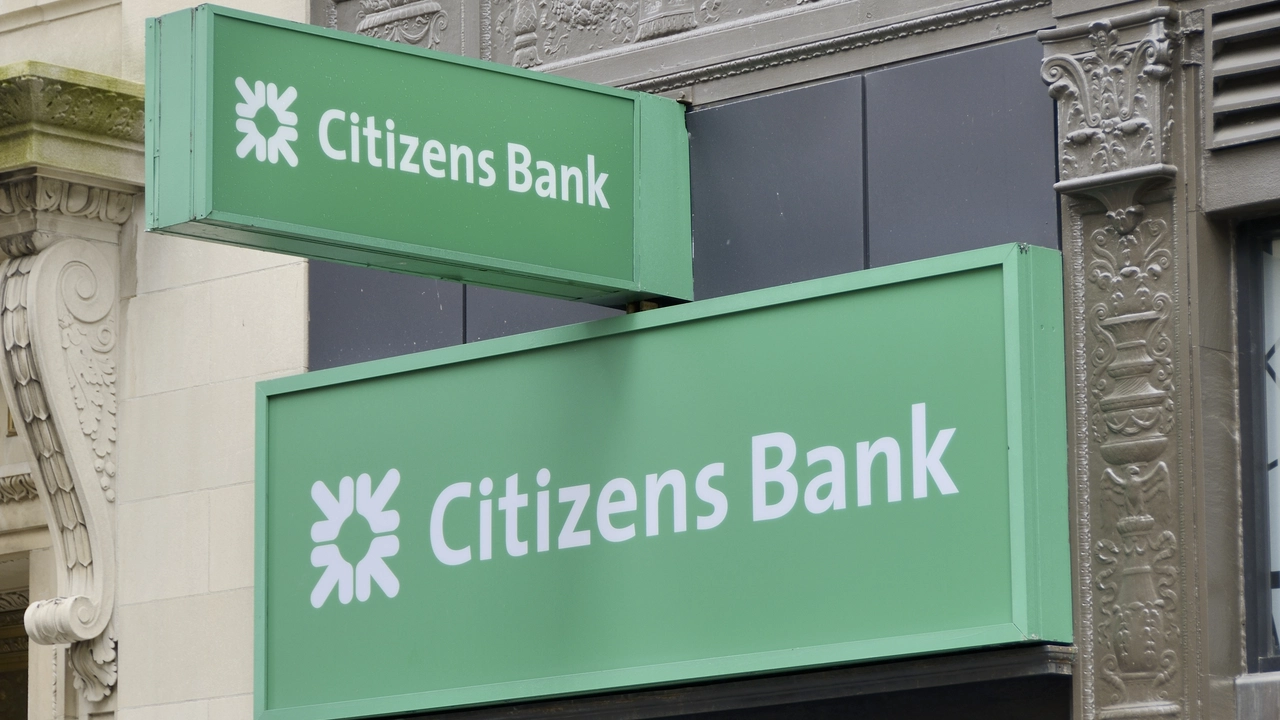Personal Finance & Banking: Find the Right Bank for Your Money
If you’ve ever stared at a list of banks and wondered which one actually fits your life, you’re not alone. The banking world can feel like a maze, but you don’t need a degree in finance to pick a good partner for your money. In this guide we’ll break down the biggest differences between local banks, credit unions, and the big national chains, so you can decide what matters most – fees, service, tech, or community.
Local Banks vs. National Banks: What’s the Difference?
Local banks usually have a single branch or a handful of locations in your town. That means you’ll often get a personal relationship with the teller or manager, and they tend to keep fees lower because they’re not chasing profit for shareholders. On the flip side, national banks boast 24/7 call centers, fancy mobile apps, and a huge catalog of products – from mortgages to investment accounts – all in one place.
Think about what you use most. If you love dropping by a branch to chat about a loan, a local bank might give you a smoother experience. If you travel a lot and need an ATM network that works everywhere, a national bank’s extensive footprint could save you time and money. The key is matching the bank’s strengths to your daily routine.
Why Credit Unions Might Be Your Best Bet
Credit unions sit somewhere between the two. They’re member‑owned, so profits are returned to you as lower rates or higher savings yields. Because they serve specific groups – like employees of a company or residents of a region – they often understand the local economy better than a big chain.
Most credit unions offer the same digital tools as national banks, but you get the community feel of a small bank. If you qualify for membership, you could enjoy lower loan rates, higher interest on deposits, and fewer hidden fees. It’s worth checking if your employer or community already has a partnered credit union.
One article on our site, “Is it better to use a local bank/credit union or a national one?”, dives deeper into this exact debate. It points out that local banks excel in personal service, national banks win on tech and product variety, and credit unions often give the best rates. Use that as a quick reference when you compare offers.
Bottom line: there’s no one‑size‑fits‑all answer. Write down the three things you care about most – cost, convenience, or community – and then line up a few institutions that score high on those points. Test their mobile apps, ask about fee structures, and don’t be shy about asking for a manager’s contact. The right bank won’t just hold your money; it’ll help you grow it while fitting smoothly into your everyday life.

Is it better to use a local bank/credit union or a national one?
Deciding between a local bank/credit union and a national one really depends on your individual needs. Local banks tend to offer better customer service and lower fees, while national banks often provide more product options and advanced technology. If you value a personal relationship and community focus, a local bank or credit union might be the better option. However, if you're looking for extensive services and online banking capabilities, a national bank could be the right choice. It's all about finding the right balance between convenience, service, and costs.
CONTINUE READING



